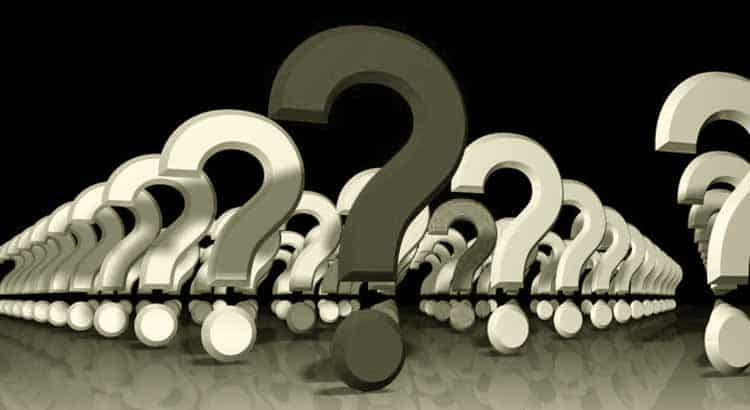First, the specialist; then the amateur. Let’s see some of Otto Maria Carpeaux’s comments about the book and the author, in my translation:
Jonathan Swift — a humanist cleric, faithful-unfaithful to the Church of which he was a priest —is one of the greatest satirists of universal literature, perhaps the greatest of all. Gulliver’s Travels is the cruelest book there is. Lilliput’s warp and useless activities ridicule parliamentary life in 18th-century England and in all countries and times of constitutional and professional politics. Sketching this political landscape, Swift remembered his pamphleteer times in the service of the Conservative Party, the Tories; it’s a scathing satire against the Whigs. But soon after, Swift describes the patriarchal regime in the kingdom of Brobdingnag giants; and this is nothing better. On the contrary, the size of the giants grotesquely makes all the details enormous, that is, the infamy of the “conservative classes”. Nor are the intellectuals who, in the country of Laputa, vegetate as complete imbeciles. In the last part, the praise of the Houyhnhms, that is, the horses, nobler and smarter than men, is the absolute condemnation of the human race in totum. Finally, the episode of the Struldbrugs, which owe scientific progress to the immortality of life, not escaping, but to the diseases, weaknesses and senility of extreme old age, and who cannot die, already condemns life itself. The countless spirited and biting digressions — the description of the horrors of war as if they were the most natural things in the world, the mockery of Christian dogmas and rites, incredible in the mouth of a high dignitary of the Church — reveal in Swift the most radical representative rationalism in Illustration; not even Voltaire dared so much.
There are Carpeaux’s lucid words — and there are many more of them about Swift in História da Literatura Universal (vol. 2). — For my part, I say this: Gulliver’s Travels was perhaps the book that marked me the most. I always come back to it, reread excerpts, and have it throbbing in me. When I write and, for a moment, I think I am exaggerating in my judgments, I think of Swift. I remember Nelson Rodrigues once said that fiction, to purify, needs to be atrocious. According to this reasoning, few books purify as much as Gulliver’s Travels; and I share the trial. Swift’s “great soul, noble and wound” — still using Carpeaux’s words —can impregnate us with deep discomfort and revulsion towards our nature; however, no doubt, it ends up making us better people.
____________
Read more:



